Must Read Books for Teachers in 2022 The Applicious Teacher
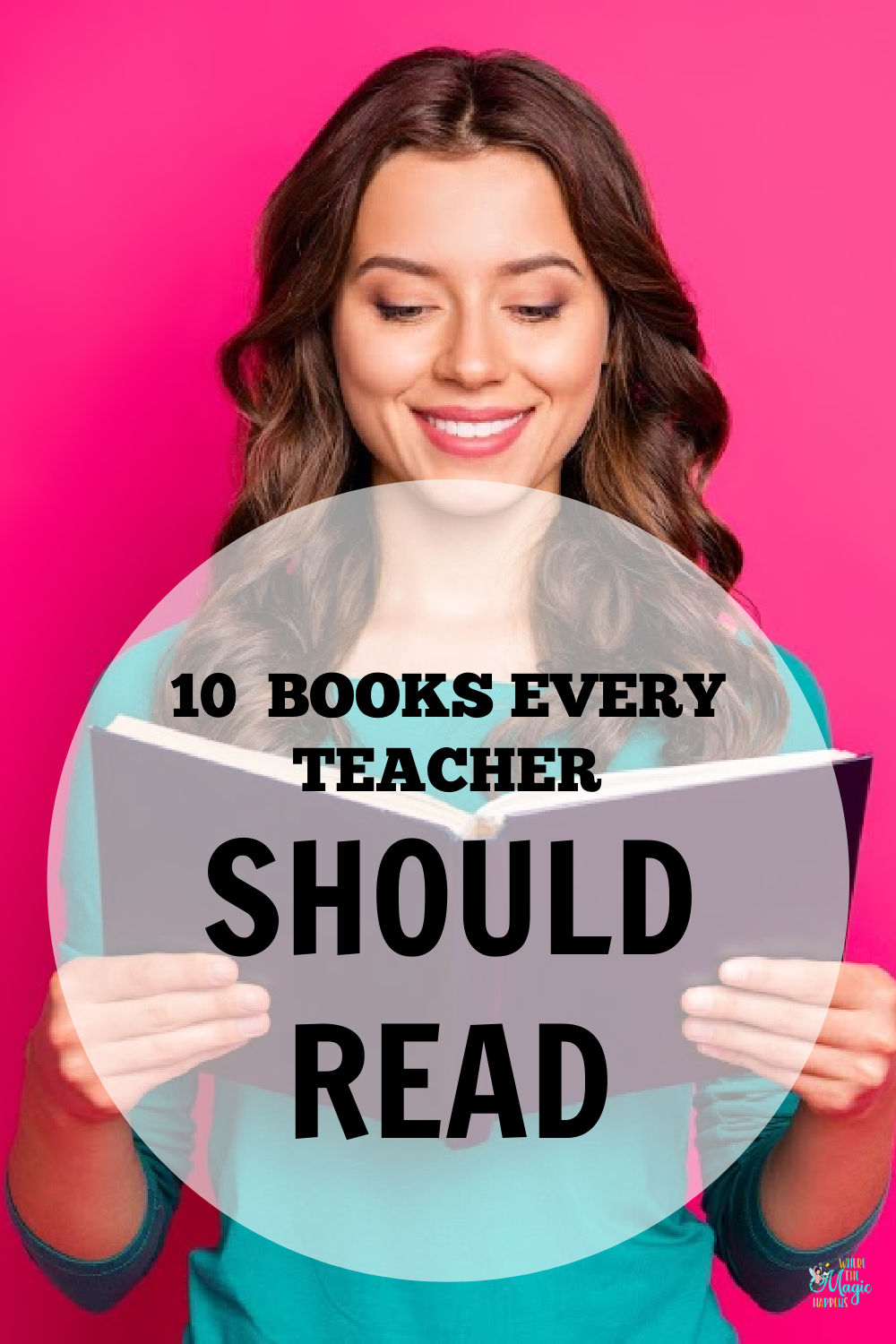
10 Great Books for Teachers Where the Magic Happens
— Neema Avashia (@AvashiaNeema) December 10, 2022. Hacking Teacher Burnout by Amber Harper. Like most, 2022 was really challenging as an educator, and I need tips to help get me thru it. This book did the trick. — Sarah Shainfeld (@srashainfeld) December 10, 2022. I have two. Which is cheating. The Culture Code by @DanielCoyle. I read it.

Best Books for Teachers This School Year
8. Street Data by Shane Safir and Jamil Dugan. Paul France recommends this book that encourages educators and administrators to change the way they use data. Instead of focusing on standardized test scores, the writers provide a framework for using data in a more meaningful way, helping all students can feel engaged and supported.
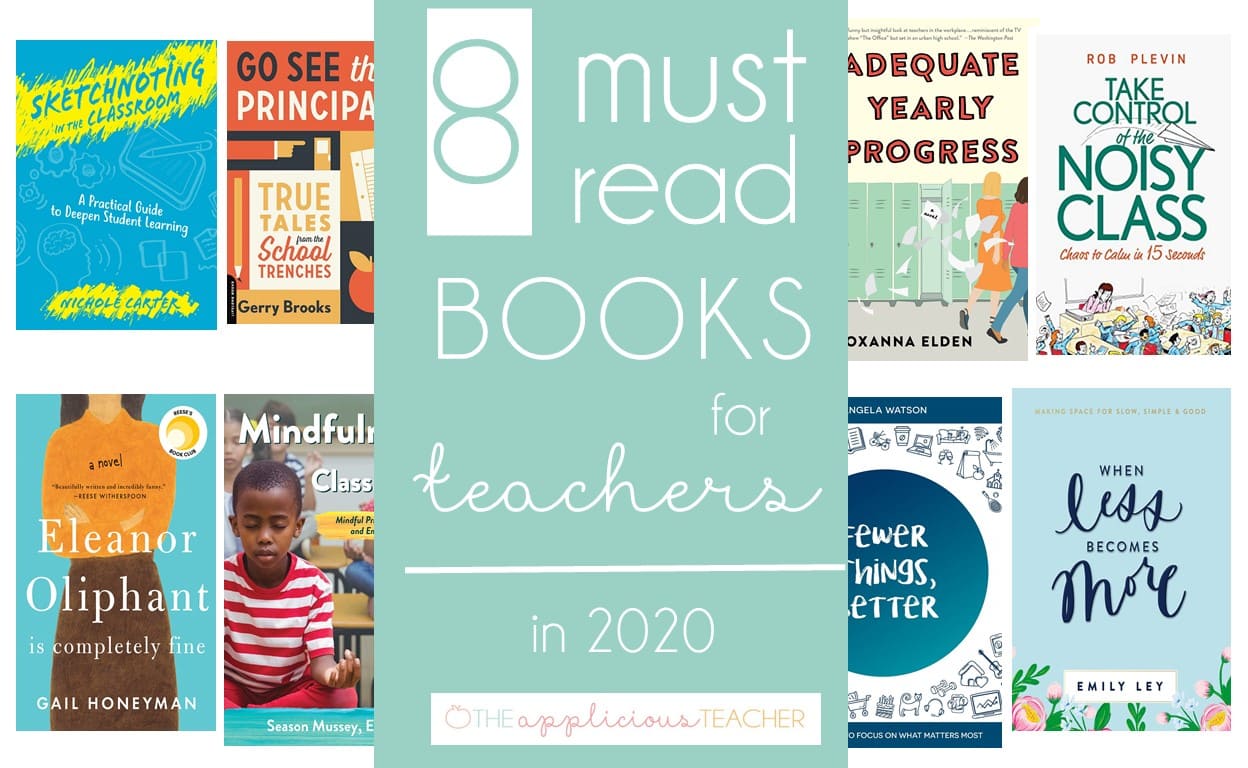
Best Books For Teachers To Read Over The Summer / The Best Books To
11. Pure Genius: Building a Culture of Innovation and Taking 20% Time to the Next Level by Don Wettrick. In Pure Genius, Don Wettrick encourages teachers and administrators to collaborate-with experts, students, and one another-to create interesting, and even life-changing opportunities for learning.
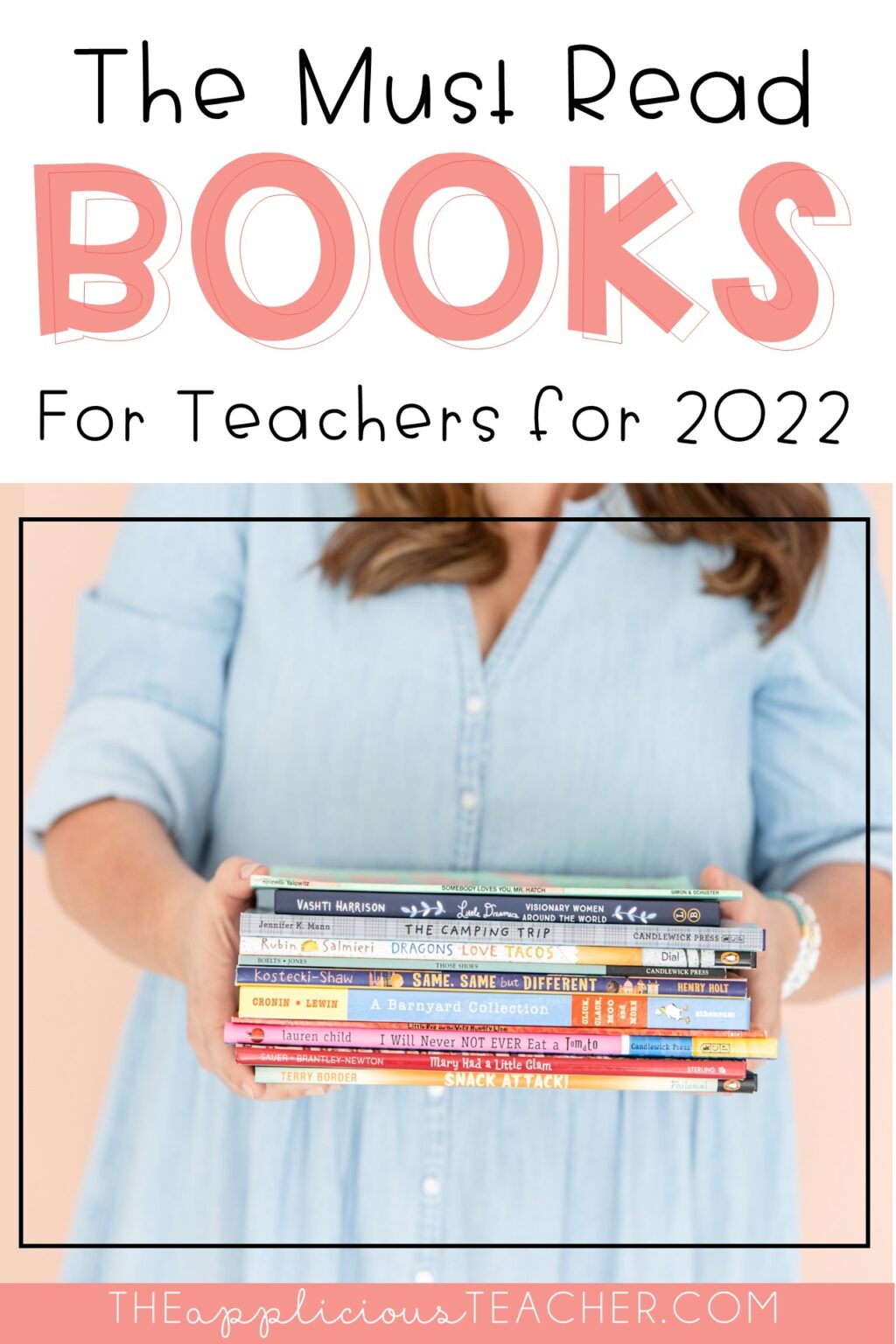
Must Read Books for Teachers in 2022 The Applicious Teacher
Top Professional Development Books For Teachers Compared. 1. The Innovator's Mindset: Empower Learning, Unleash Talent, And learn A Culture of Creativity - George Couros
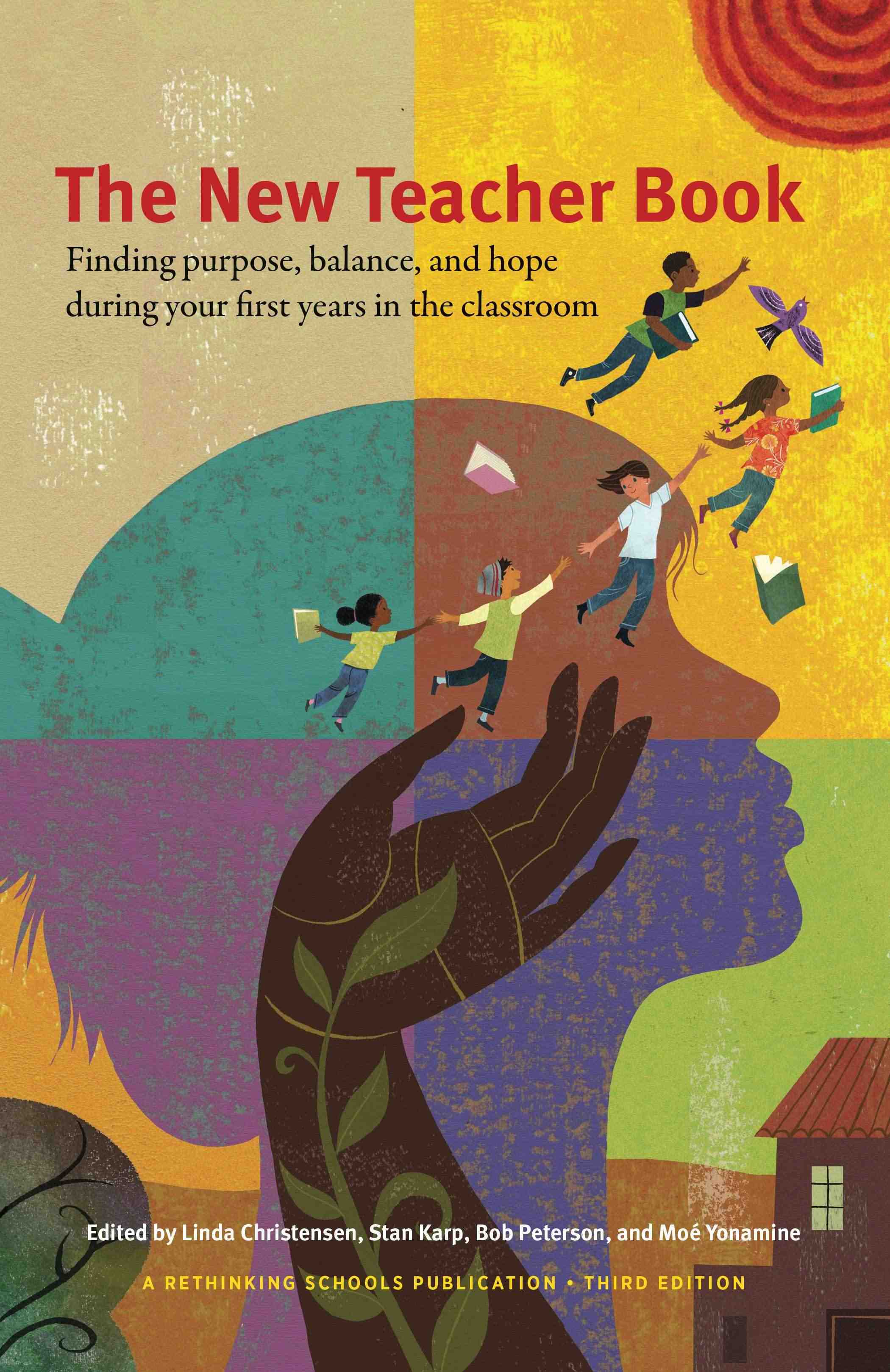
Introducing the New, New Teacher Book Rethinking Schools
Posted on: October 7, 2022. To stay up-to-date with teaching best practices, it's essential for teachers to keep learning and evolve with new classroom techniques. However, with thousands of books on the market advertised to improve teaching and student learning, it's hard to narrow down the best picks for your specific purposes.
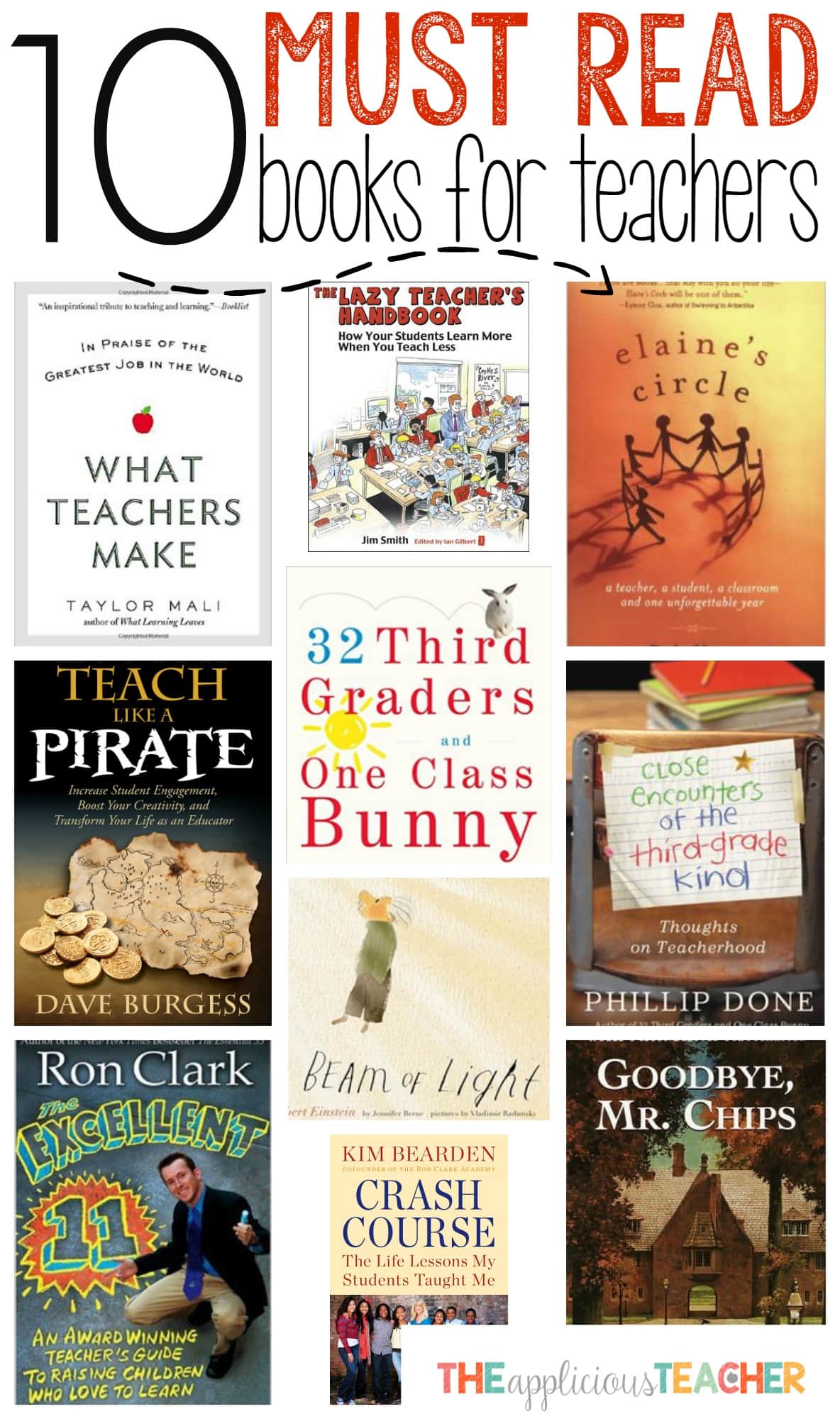
10 MUST Read Books for Teachers The Applicious Teacher
About the Book: Seventeen-year-old Lily Hu's feelings for classmate Kathleen Miller under the flashing neon sign of a lesbian bar called the Telegraph Club. But America in 1954 is not a safe place for two girls to fall in love, especially not in Chinatown. Red-Scare paranoia threatens everyone, including Chinese Americans like Lily.
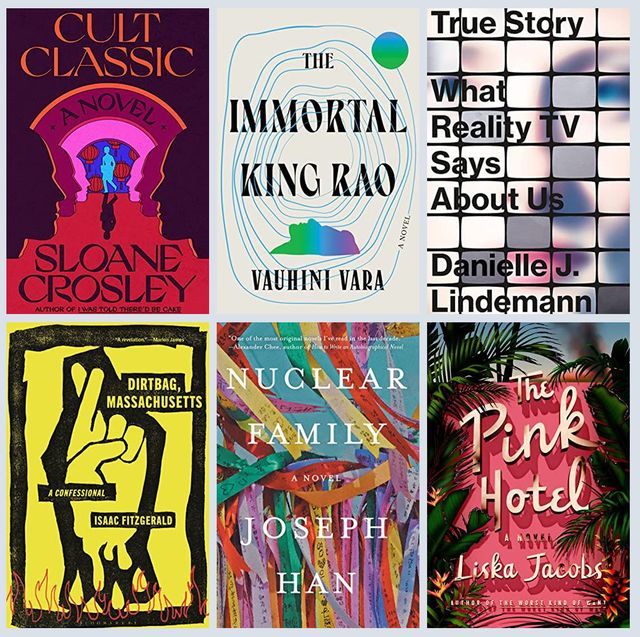
30 Best Books of 2022 Best Books Coming Out This Year
The First Days of School: How to Be an Effective Teacher by Harry Wong and Rosemary T. Wong — It is one of the primary books that introduces how to teach effectively. Harry Wong and Rosemary T. Wong became well known after this book. More than 4 million copies were published, and it became the best-selling book on class management.
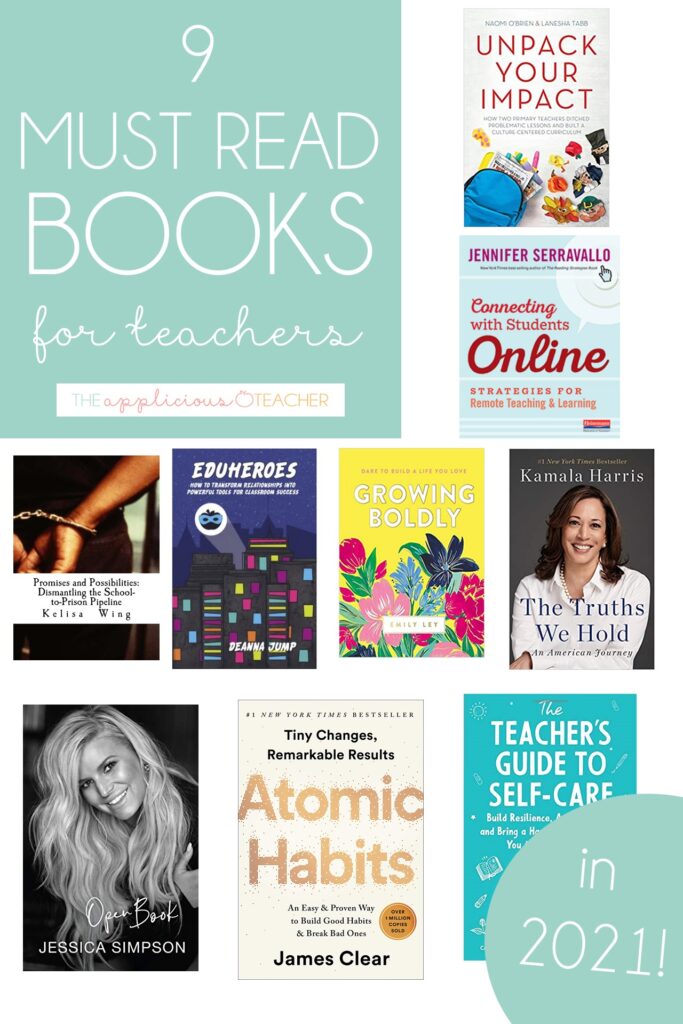
Must Read Books for Teachers in 2022 The Applicious Teacher
As the school holidays kick off in the UK, we wanted to award the best books for teachers and school leaders to read in summer 2022. After longlisting over 100 education books for teachers, our panel of experts narrowed this down to a shortlist of 40 titles.. Top 10 CPD Books for Teachers Summer 2022. After careful consideration, here are.

This Summer's Best Books for Teachers Summer Reads 2022
MiddleWeb has published 1100 reviews of professional books for teachers and school leaders since 2012 - each written by a K-12 educator. In this article we've curated the 23 most-read reviews posted during 2021. Click on a headline to read our reviewer's take on a book.Learn about reviewing here
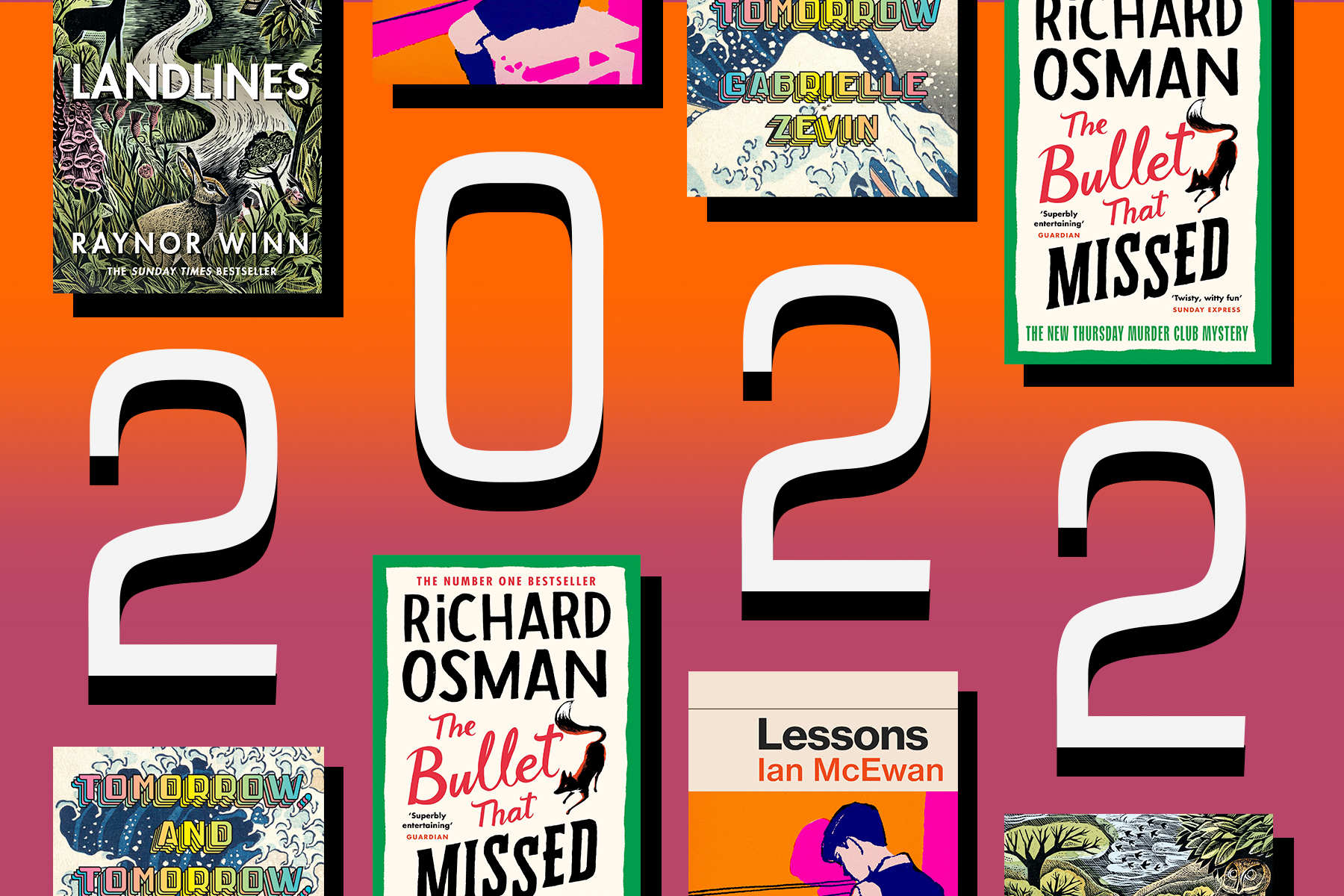
The best new books out in 2022
5. Visible Learning in Mathematics. So this list is *pretty* heavy on the reading side of teaching, so let's round it out a bit with some math best practices. In Visible Learning for Mathematics, you'll learn the framework to optimize your students' learning in mathematics this school year!

20 books by teachers, for teachers to inspire your teaching Ditch
The Teacher Journal. A new book by Naomi Barker. The most effective teachers are reflective, so holding a book in your hands with lots of blank spaces to answer questions is perfect. The book is designed to suit the rhythm of school life, with chapters aligned to the academic terms of the year.

29 MustHave Professional Development Books for Teachers (2022)
Here are the 10 best books for new teachers: 1. The First-Year Teacher's Checklist: A Quick Reference for Classroom Success by Julia G. Thompson. "Few forces of nature can equal a dedicated teacher.". Right you are Julia G. Thompson. She herself wonders how between multi-tasking, entertaining and nurturing, we actually do it all.

Best books for teachers teacher book stack conversations in literacy
The First Days of Schools. For New Teachers: We still like this Gold Standard in classroom management and establishing procedures in the classroom. "This is the best-selling book ever on classroom management and teaching for student achievement with over 4 million copies sold. It's practical, yet inspiring.

8 Best Books for New Teachers Classrooms
By Monica Burns. Whether you're an EdTech newbie or a seasoned pro, this book by Monica Burns will inspire you to use EdTech in new ways. "EdTech Essentials" explains the role of edtech and provides easy-to-use edtech strategies and tools you can put in place in any classroom. My favorite section is about accessibility.

The Top 50 Best Books for Teachers in 2023 Fractus Learning Great
Cultivating Kindness: An Educator's Guide, by John-Tyler Binfet. University of Toronto Press, 2022, 248 pages. The immense need for John-Tyler Binfet's book Cultivating Kindness: An Educator's Guide is found in the dedication. When asked by Binfet for a definition of kindness, one student wrote, "Kindness is making someone feel like s.
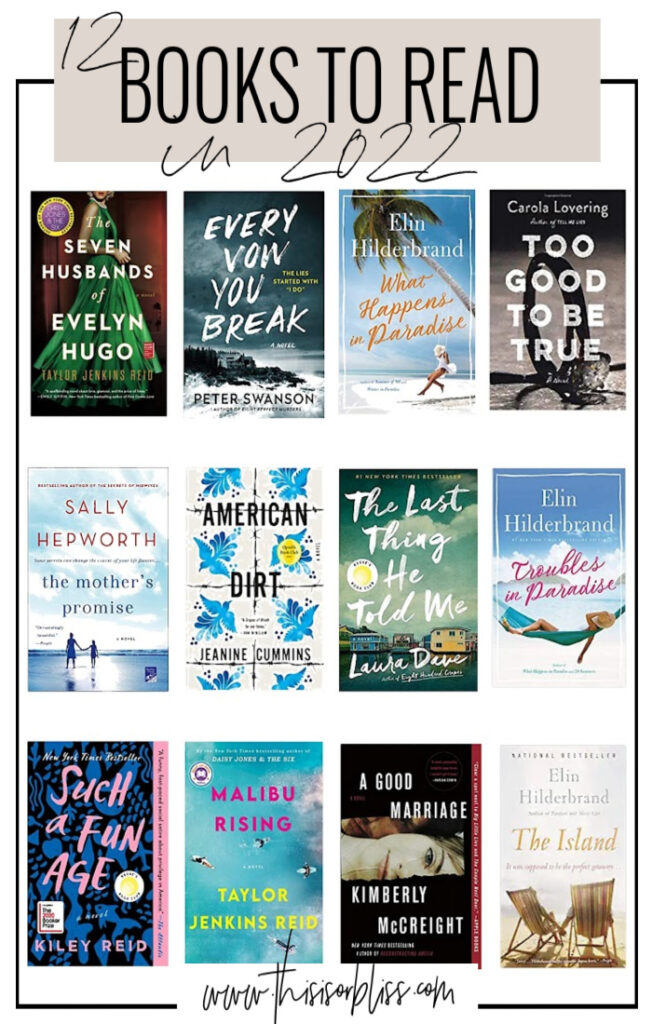
12 Books to Read in 2022 This is our Bliss
1. Because of a Teacher. This heartwarming book is essential reading for both new teachers and seasoned school leaders feeling burnt out. Each story is the perfect pick-me-up during your planning. Learn more: Amazon. 2. The First Days of School. This is the single best teaching book I've ever read.